For an unknown reason, Cory decided it was a good idea to eat his favorite blanket. Since his owners discovered the problem right away, his doctor was able to induce vomiting, and he was able to avoid surgery.
“OK, Cory. Let’s see if we’re going to do this the easy way or the hard way,” said Dr. Kathy Passinault, as she scratched the handsome little brunette’s furry ears.
“Do you happen to know where my blankie is, Doc? I can’t find it.”
“Cory. You ATE your blankie.”
“I maybe nibbled it a little, but I didn’t swallow that much, really.”
Not true. Cory ate it all. He just forgot that his people saw him do it
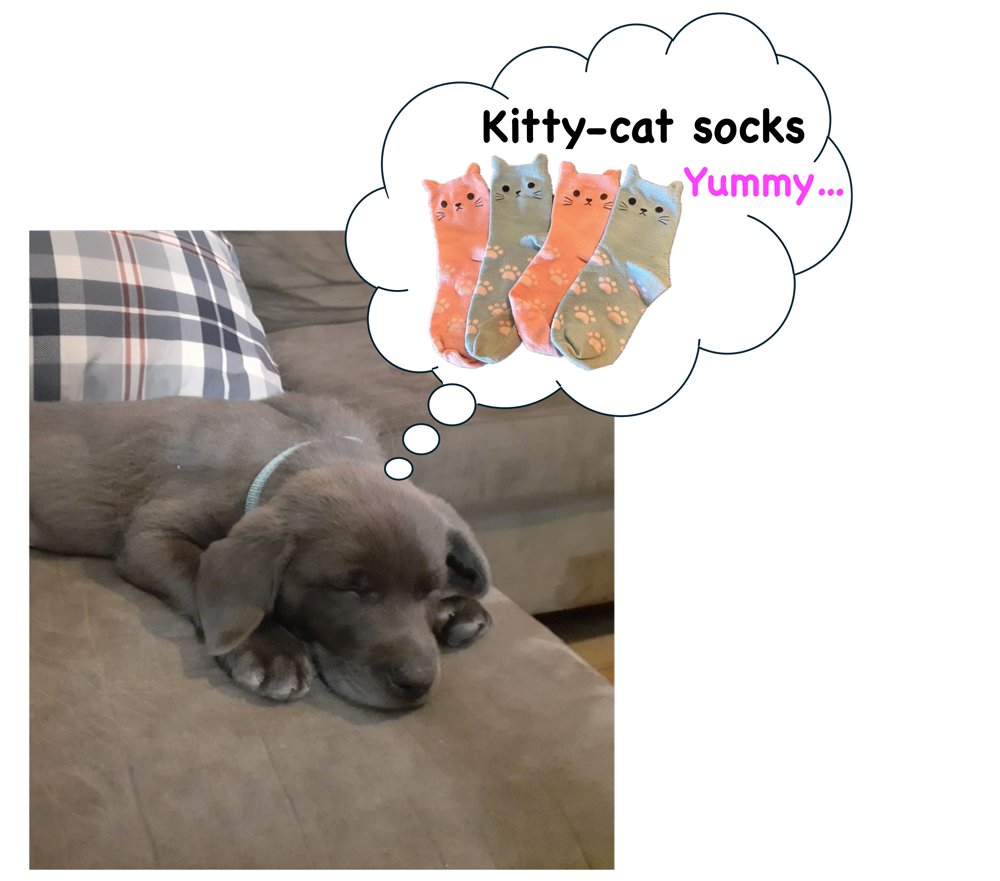
Instead of snuggling with his favorite blanket, the pup had decided for no apparent reason it might be a good idea to eat it instead. Cory’s owners were horrified, watching him quickly gulp it and knowing their beloved dog had just done something very dangerous to his health. Frantically, they rushed him to Greendale Village Vet just as the clinic was nearing closing time.
“Dogs will eat anything,” said Passinault. “It’s amazing to see what they will swallow – things no humans could ever get down their throats. The size and shape of some of their consumables bend my brain sometimes. For example, there are documented cases of dogs eating forks, knives, keys, whole balls… Vets everywhere have seen an endless parade of oddities.”
Cory’s case was simpler than some of the cases the doctors see in their practice. “He was lucky. The owners saw what he did and got him treatment immediately. The blanket was still in his stomach and had not started its journey into the rest of the digestive tract,” she said. “We were able to use a drug called apomorphine to induce vomiting, and the blanket was out shortly afterward.”
That was the easy way: expelling something through induced vomiting. There’s also the hard way: surgical intervention, she explained. For example, when Henry the retriever ate his blanket, his family didn’t know what he had done. He just suddenly couldn’t keep his food down, wasn’t drinking much water and had become very lethargic. Since he wasn’t even 2 years old, that was quite alarming.
An x-ray showed big problems in his abdominal cavity, and his surgeon ended up removing a piece of blanket from his colon, some plant materials from his intestines, a large piece of blanket fabric from his stomach and a thread from the blanket that had traveled into and bunched up the small intestine. The outcome for Henry, just like it was for Cory, was good. Both dogs healed.
“We encourage dog owners to be very mindful of what their pooches play with and explore. An item on the larger side or that is oddly shaped isn’t necessarily something a dog won’t swallow. Also, a dog’s health can be equally threatened when it swallows small things like marbles, stones and other little objects,” said Passinault.
“It’s important to understand dogs don’t eat those things because they taste good, and they won’t NOT eat those things just because they taste bad or not like food. It’s all fair game to a dog,” she said. “We see the most obstruction cases in younger dogs, but older dogs will also choose inanimate objects for their culinary samplings. The best advice we have is to always be careful about what dogs can get into and keep things out of reach.”
If your pet shows symptoms of abdominal distress, or if you know your pet swallowed something it shouldn’t have, call your veterinary clinic immediately. Greendale Village Vet can be reached at 414-421-1800 or at www.greendalevillagevet.com.
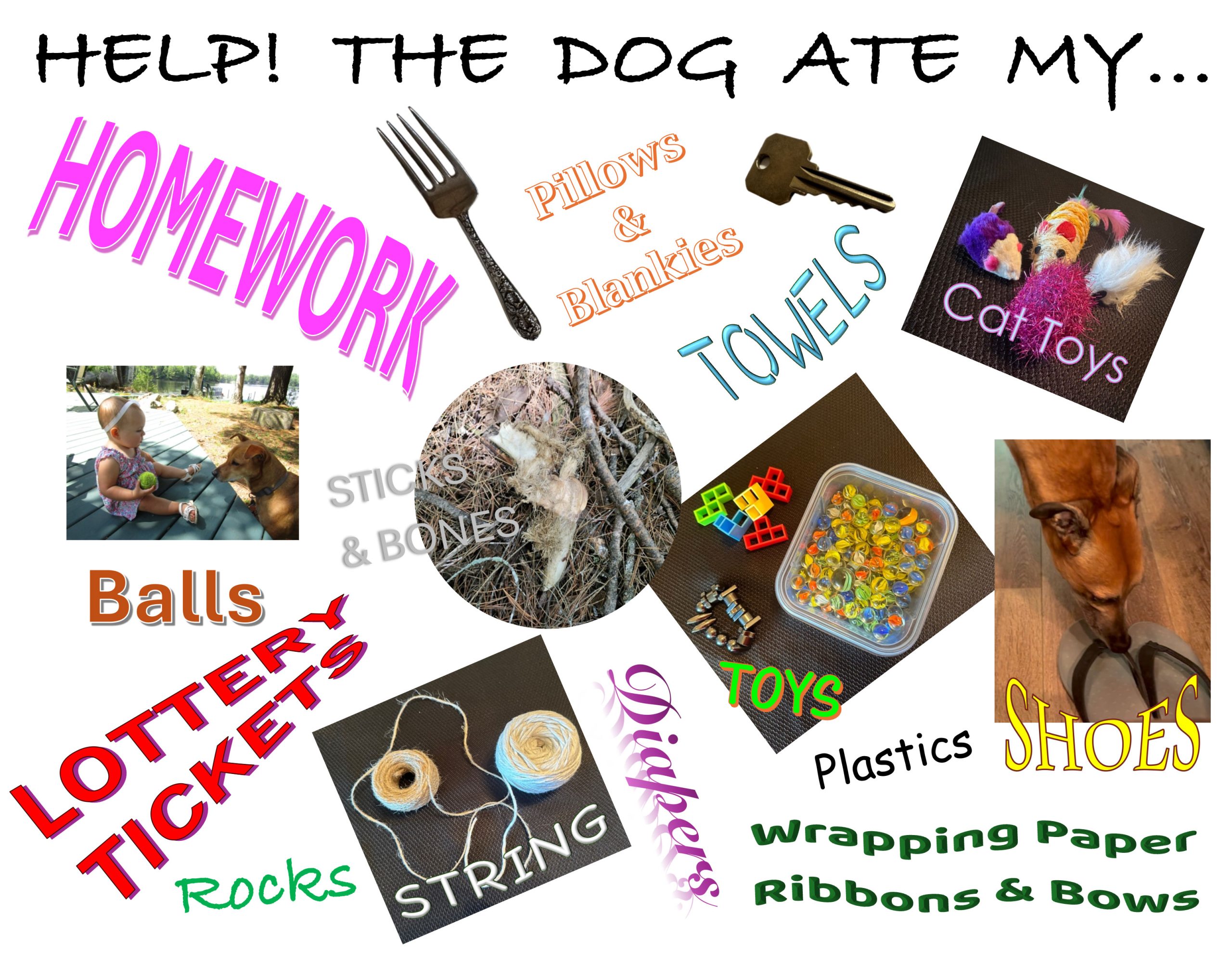


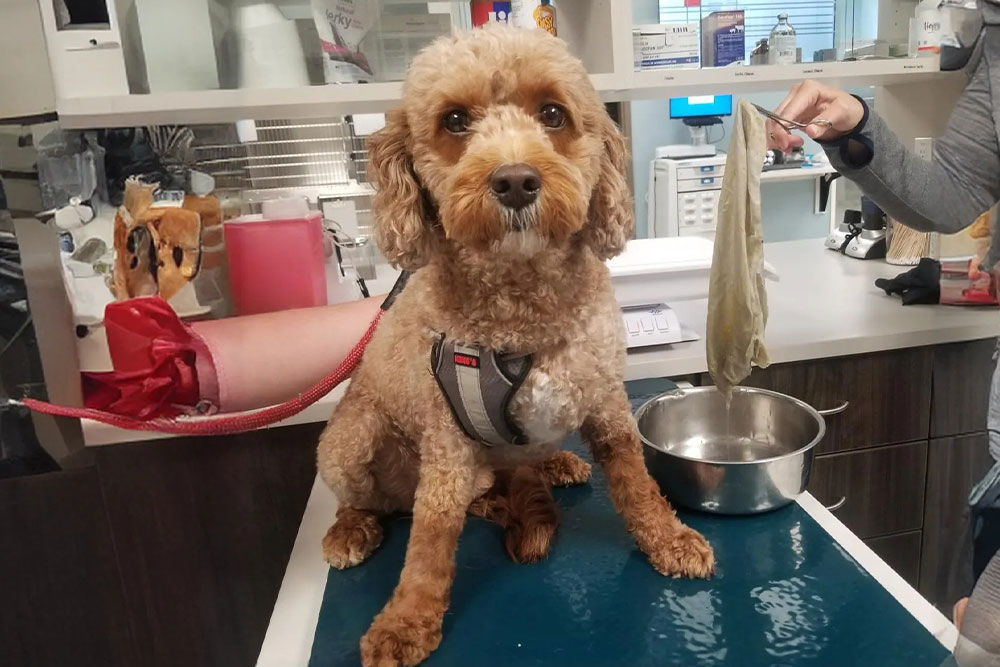
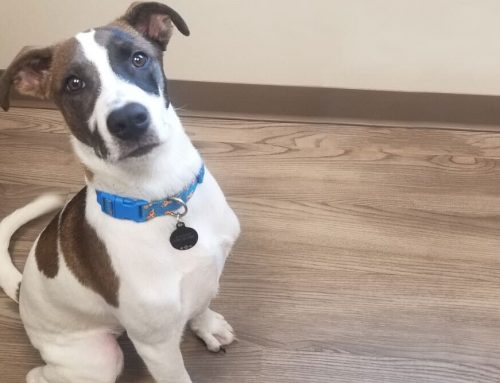
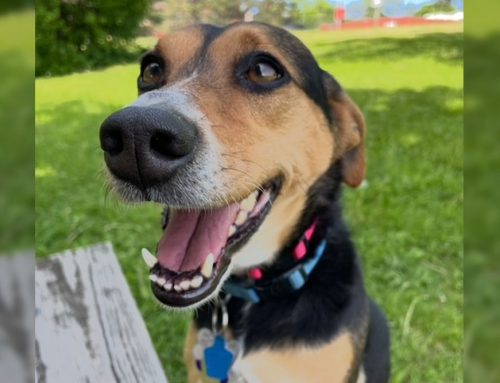
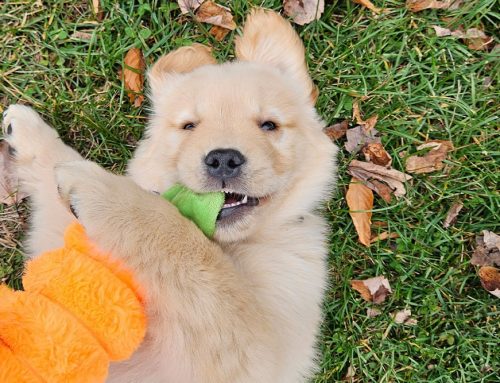
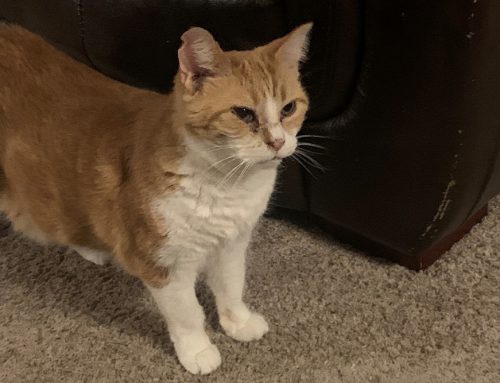

Leave A Comment